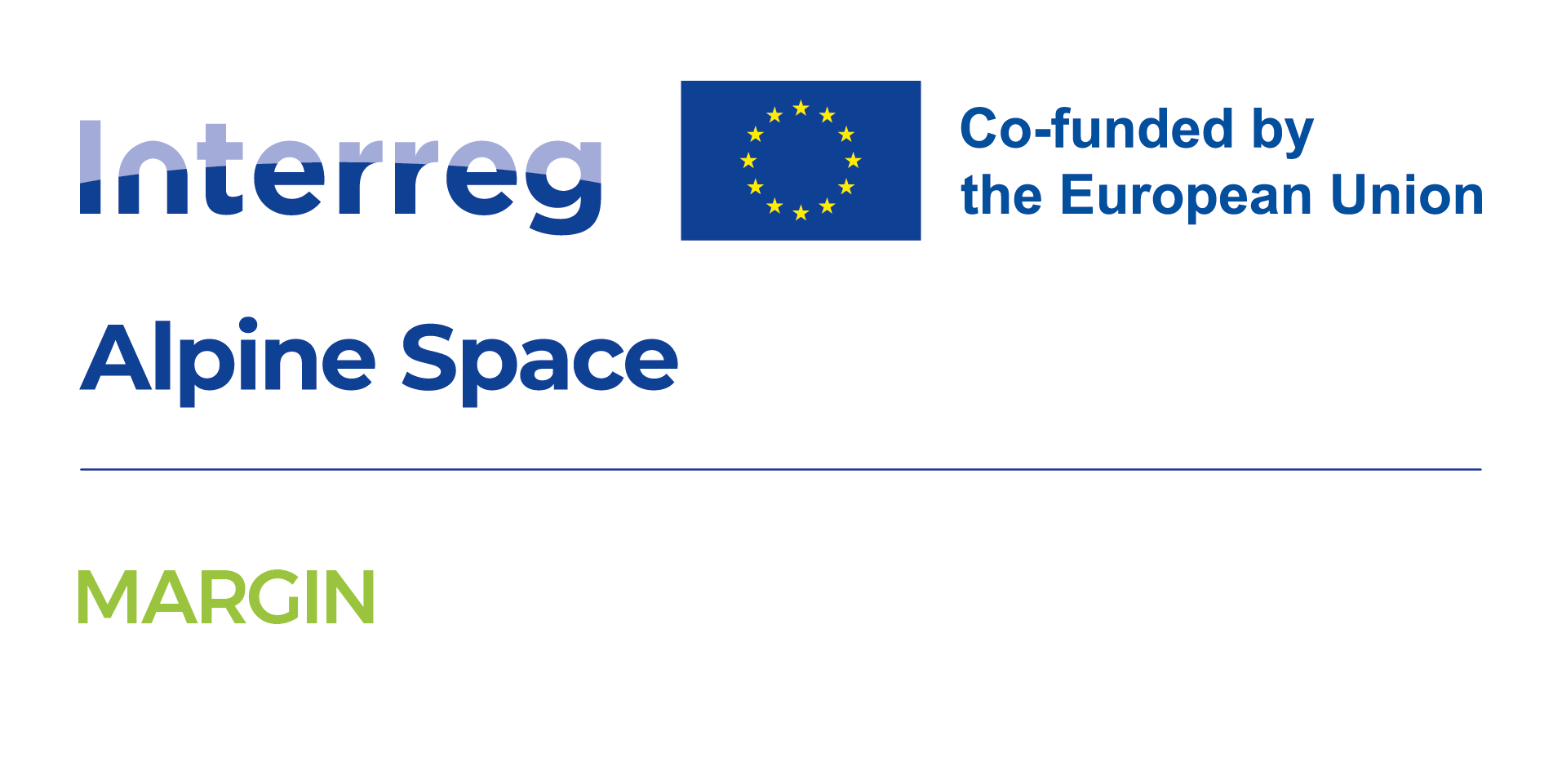MARGIN – Managing Groundwater Sustainability in Urban Areas

MARGIN – Managing Groundwater Sustainability in Urban Areas: Quantifying the vulnerability of groundwater quality & quantity to climate change and urbanisation, and developing adaptation measures for cities
Alpine cities face unique groundwater issues, including the impact of climate change and rising competition for groundwater use. To address these concerns, MARGIN helps cities understand their vulnerability and risk, building resilience to future groundwater changes. The project offers city-tailored management for upcoming groundwater difficulties, creating the potential to replicate best practices and accelerate their implementation in Alpine cities, thus strengthening preparedness and capacity to cope with the impacts of climate change.
The project aims to develop effective adaptation measures to safeguard groundwater quality and quantity, essential for drinking water, energy, and ecosystem health. By examining the four pilot cities Milan, Ljubljana, Linz and Munich and involving a Network of Observers, MARGIN will enhance city planning and policy-making through a practical toolbox of guidelines and best practices. This initiative will empower cities to responsibly manage their groundwater resources and build resilience against environmental challenges.
More information on the project website.
MARGIN is co-financed by the European Regional Development Fund through the Interreg Alpine Space programme. The project total budget is 2.985.083,95 € with an ERDF Co-financing rate of 75 %.
MARGIN Partners

Project News

The Margin team convened in Vienna on the 26th and 27th March for a meeting hosted by GeoSphere Austria, a partner in the Margin project. Over the two-day event, all project partners came together to assess progress, address challenges, and strategize for the next steps.
A key highlight of the meeting was a mini-lecture by Prof. Dr. Christian Griebler, who showed the technique of ‘fishing’ water samples from a small well at the GeoSphere Austria to observe the microbiological ecosystem of the sampled groundwater.
Furthermore, during the World Café session, we engaged in an in-depth discussion of our case studies in four cities: Munich, Linz, Ljubljana, and Milan. This session provided valuable insights into each city’s varying approaches in fostering collaboration between universities and municipalities, particularly in sustainable groundwater management and climate change mitigation. We look forward to observing the progress of the second phase of our project!

